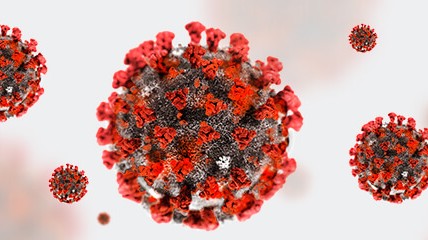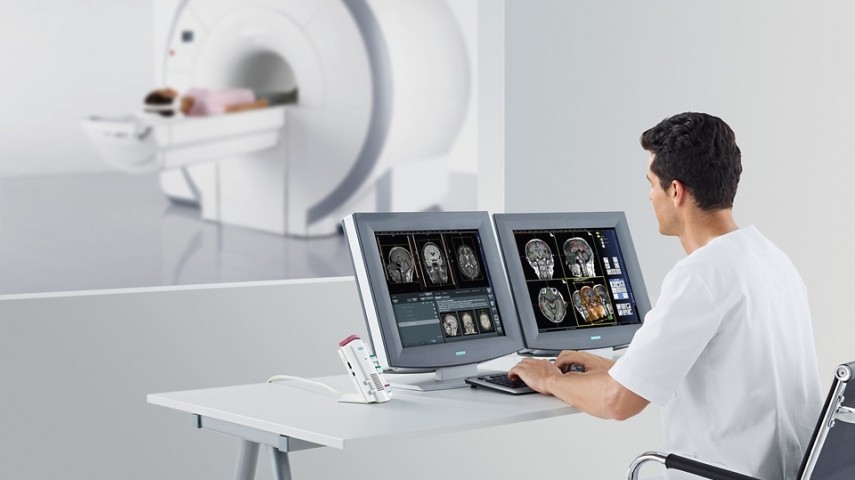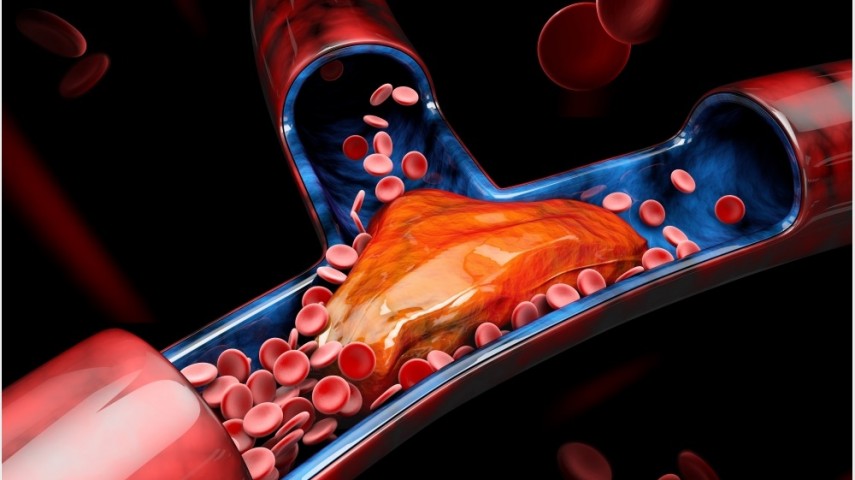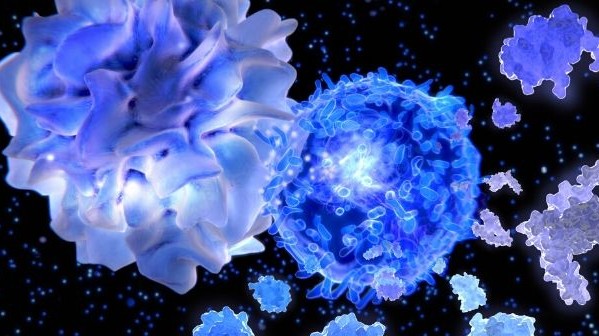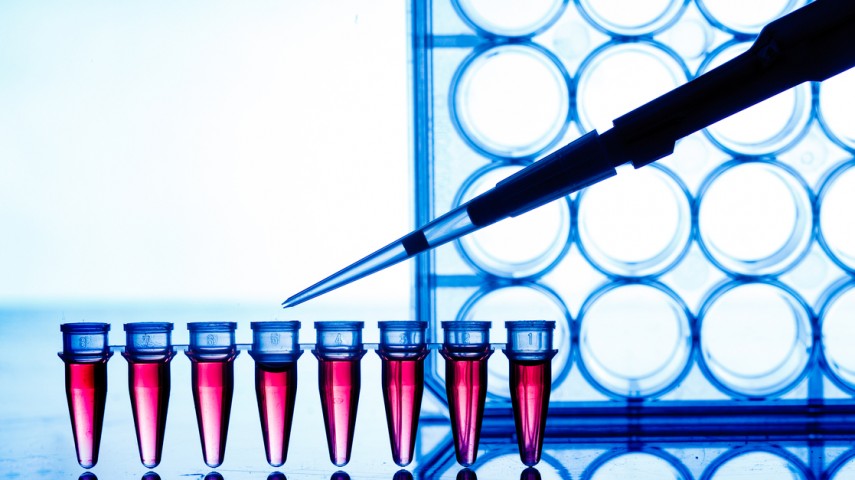BE POSITIVE IN MIND, BE NEGATIVE ON COVID-19 TEST!
LET'S BE SAFE IN OUR WORKPLACES AND DURING TRAVEL
In order to help you ensure that your employees return to their work environment with regard to the spread of the COVID-19 virus, the Dr Al Tawil Clinic offers timely pre-return testing services as well as medical support on the way back to work (telephone consultation). Also, testing will make border passing easier and faster.
We offer you a 2019-nCOV IgG / IgM Rapid Test based on a rapid immunochromatographic method, used to detect 2019 Novel coronavirus (2019) -Ncov IgG and IgM antibodies in human serum / plasma. The test is intended for professional use only.
What can we find out with this test?
In a whole blood sample (plasma or serum) collected either from a finger or by taking blood sample from a vein, results are obtained in as little as 10-15 min. The results show the presence or absence of IgG and / or IgM antibodies. The test is suitable for the detection of both sick and cured persons, with particular emphasis on asymptomatic cases (people who are contagious but do not have symptoms of the disease), which may be the biggest problem for workplace safety.
How can the test results help you return to work?
1. If (positive) only IgG anti-body is positive, the person has been infected, has developed long-term immunity, is not contagious, can return to work, does not need therapy.
2.If anti-body IgM is positive, the person is currently infected (regardless of the presence or absence of symptoms), develops immunity, but is infectious. Self-isolation and control of the test after 14 days is required in accordance with the instructions of the Epidemiological Service. If a person has been in self-isolation for more than 7 days, test control after 7 days is required.
3. If both IgG and IgM anti-bodies are positive, the person still has the infection and gradually develops lasting immunity. Self-isolation and control of the test after 14 days is required in accordance with the instructions of the Epidemiological Service. If the person has been in self-isolation for more than 7 days, then control is required after 7 days.
4.If both antibodies-IgG and IgM are negative, there is no sign of COVID-19 immunity, but it is not excluded that the infection exists at an early stage. If there is a suspected contact or if symptoms are present, repeat the test in 3-7 days, if it is still negative it can be returned to work. On your return to work, we offer your workers free telephone consultations through which they can obtain brief advice from our physicians if they suspect symptoms. With these measures, we collectively take care of our most precious resource, our people, enabling us to return safely and safely to our working lives.
Test, test, test, WHO recommends in the COVID-19 pandemic - a method that, with cleverly designed epidemiological restrictive measures, has proven to be the best!
Countries that have first introduced extensive and systematic testing to identify the infected, isolate them, monitor the course of disease and cure, and monitor the development of immunity in the population, will first begin with the relaxation of restrictive measures and have the least impact on mortality and adverse economic consequences, and both are unfortunately draconian, ... Neither the psychological consequences that arise as a result of long-term (self) isolation and general restrictive measures, which will become more pronounced over time, are of minor importance.
Otherwise, in molecular and serological diagnostics of COVID-19 infection today we use two basic types of tests:
❓PCR tests, which detect the presence of a virus by taking a nose / throat swab - the gold standard for determining, in the first phase of an epidemic, whether or not someone is infected. After healing, the test is negative. The downside is that it can't detect people with immunity, the high cost, the complexity (it requires special equipment and more hours of well-trained staff - from swab sampling to apparatus work) and the oscillation of the presence of the virus itself on the mucosa from which the sample is taken. it is not uncommon that the test is repeatedly negative although the patient has all the symptoms, CT changes in the lungs and was clearly exposed to COVID-19 infection.
❓Detection of specific IgG and IgM antibodiesThe sample is whole blood (plasma or serum) collected either from the finger or by removing blood from a vein and the results are complete in only 10-15 min. The test is suitable for the detection of both sick and cured persons, with particular emphasis on asymptomatic cases. The downside is that negative results do not rule out infection - antibodies may not have had enough time to form, people who have turned negative should be retested in a few days, and positive results should be confirmed by other PCR methods or radiologically in more severe cases.
More recent studies have shown an increase in antibodies as early as the first week of infection, at the beginning of IgM and afterwards IgG antibodies, even in patients who were PCR negative for COVID-19. The rise in antibody levels begins on day 5-6 from the start of infection, with the presence of antibodies <40% in the first 7 days to increase rapidly to 80 to 100% on day 15. In contrast, viral RNA decreased from 67% on day 7 to 46% on day 15 onwards. EroSerological tests make it possible to identify persons who have recovered and developed immunity, so they will be able to return to their jobs, which is especially important for health professionals, police, the military, but also employees of all other branches.
